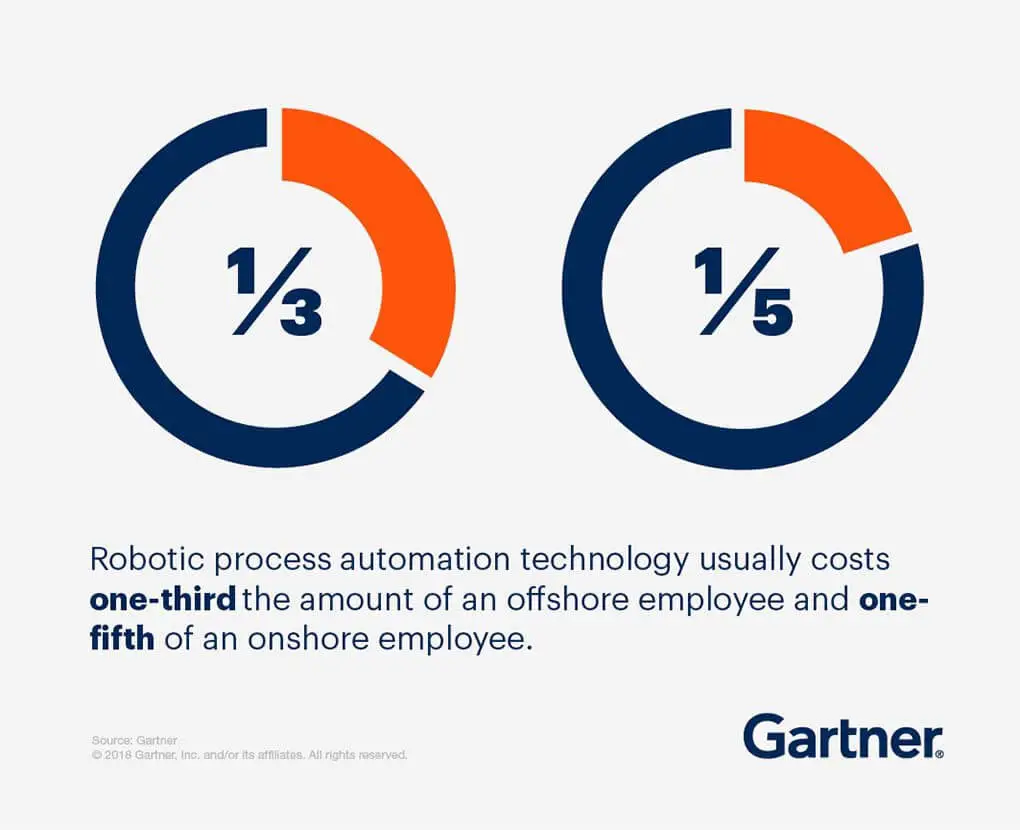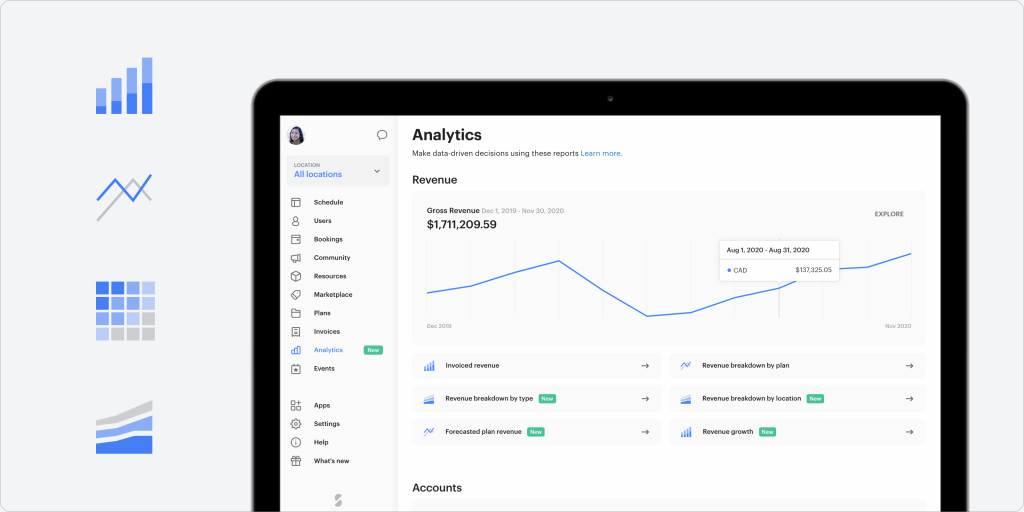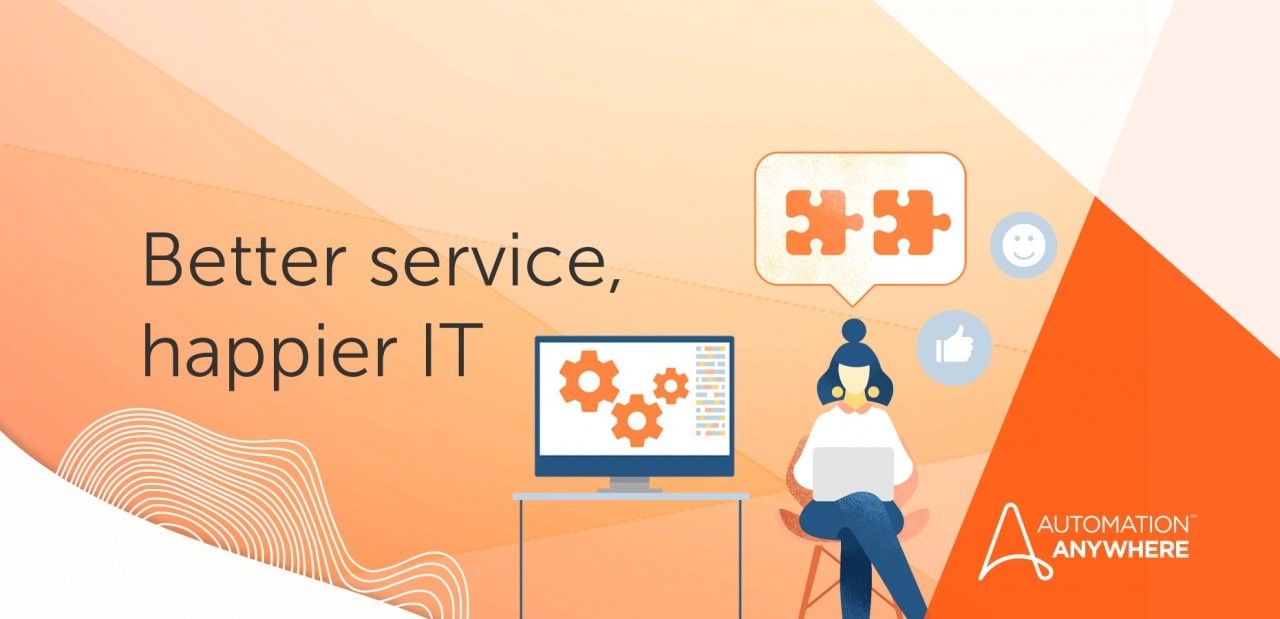Every business needs intelligent use of resources to capture data, interpret information, and reduce time on redundant tasks. Such resources free employees from repetitive tasks to make them concentrate on core business objectives. The best way to achieve these goals is to adopt computer software that can automate the tasks of humans for streamlining business processes. It is where Robotic Process Automation (RPA) comes into the picture. RPA helps optimize employee performance by engaging them in valued tasks and avoiding monotonous tasks. Hence, there is higher productivity with lesser investment. It provides scalability to the business to perform well and stay ahead of the game. We will discuss here the best ten benefits of RPA for businesses.
1. Cost Reduction
RPA allows for drastic cost reduction in the company as they work on speed and efficiency without stopping or taking breaks. Robots work 24×7 as there are no fixed leaves or working hours for them like humans. It cuts the operational costs by 25-50%. Automation can bring tangible results to your business, recover the investment, and earn more profits in a short time.

2. Accuracy Improvement
RPA provides efficient and timeless services that reduce human error and improves accuracy. Also, you save time as there is no manual correction of errors. According to a survey by Deloitte Global RPA, 85% of businesses met their expectations in accuracy, flexibility, and timeliness through RPA. There is always work consistency as robots work tirelessly, improving output quality and fast implementation.

3. Scalability Improvement
RPA is adaptable to dynamic circumstances and different types of tasks to achieve business goals. Hence, managing robots and increasing their capacity is more efficient than hiring and training employees. We can replicate the entire business process and ensure 100% scalability with a machine that is impossible with a human workforce. RPA bots incorporate AI and machine learning into automation and help with scalability.

4. Customer Satisfaction
RPA requires less staff and handles repetitive tasks multiple times. Customers require high commitments in task completion, which is not 100% possible by employees. Through RPA, you can deliver better quality of work and increased customer satisfaction. Hence, there is a focused approach to the needs of customers. Their satisfaction shoots up when they get their deliverables and solutions in the required time.

5. Improvised Analytics
RPA helps provide accurate, error-free data that improves the quality of analytics in the business process. You can make informed and better decisions as RPA gathers information like work volume data and patterns, cycle times, exceptions, and errors. Better analytics help you work on your products and services and make them better for your target market and customers. Additionally, you can streamline your business performance to achieve efficiency.

6. Better Safety And Security
RPA gives complete access to data safety and security. Leaking of data is quite a common concern in every organization. You can take care of data leakage effectively through robots. It helps access your documents and files and manage the data without leakage. Robots maintain and set RPA parameters which reduce the risk of data leaks. Also, it reduces the human POC required to access data.

7. Improved Productivity
RPA facilitates work excellence as it frees employees from repetitive tasks. Automating business processes using robots helps to achieve productivity peaks without interruptions. It helps employees focus on customer interaction, relationship management, and other activities where they excel. Systematic workflow transforms tedious into easy tasks through RPA. Hence, overall productivity and efficiency shoot up to the next level and better business growth.

8. Effective Implementation
RPA implementation is the process of taking the necessary steps to transform your business. It doesn’t need any API configuration, and hence there is no need to worry about its deployment. Hence, the implementation of robotic process automation enhances performance and minimizes costs. According to statistics, 70% of business processes implement RPA to automate their business with software robots. It has given a revolution in the RPA global market value.

9. Data Compliance
RPA enables organizations to ensure data compliance across the enterprise. Humans have less contact with sensitive customer data and manage them effectively through robots. Through automation of data compliance, there is a reduction in legal issues. Also, RPA compliance improves customer and employee retention. Fast data compliance enables better business operations that introduce safeguards and guidelines to make the business operations effective.

10. IT Support And Management
RPA helps streamline IT service desk operations and keep the employees happy and engaged. Overall, it improves the operational quality of the service desk and monitors the network. A service desk employee can answer calls or emails, create user accounts, and answer password reset requests through RPA. Companies can handle short-term spikes independently. So, there is no need to recruit extra staff and train them.



















